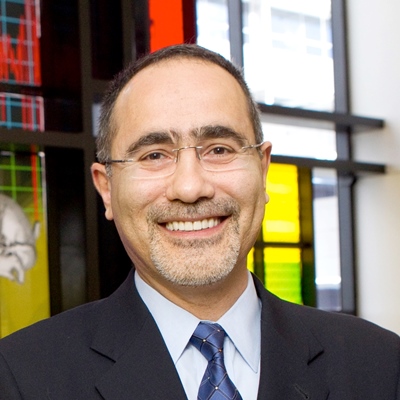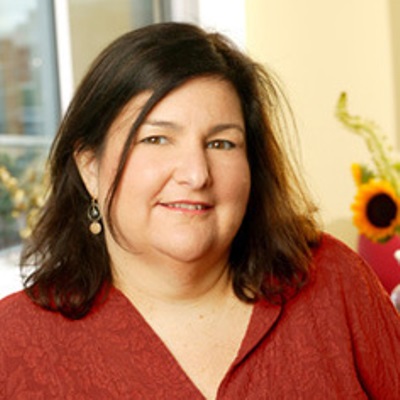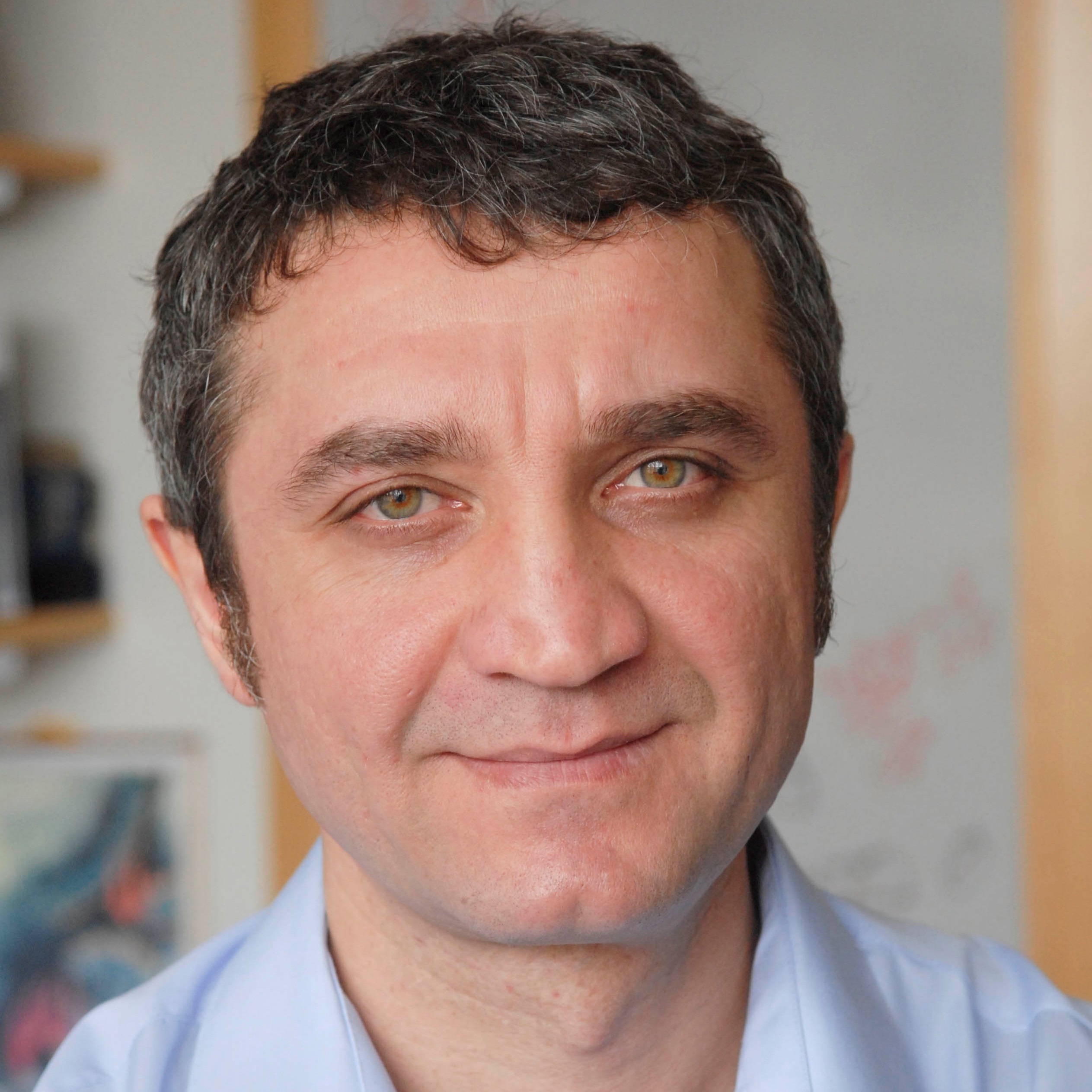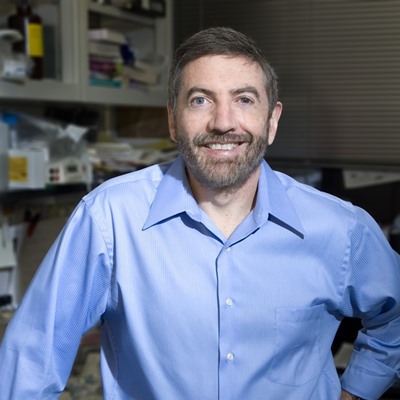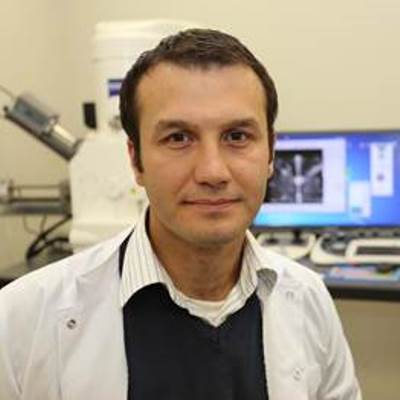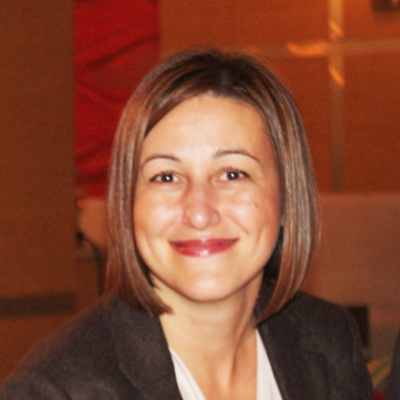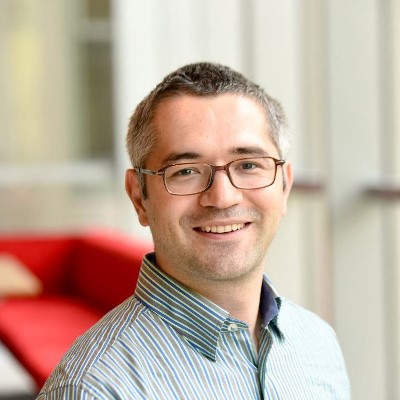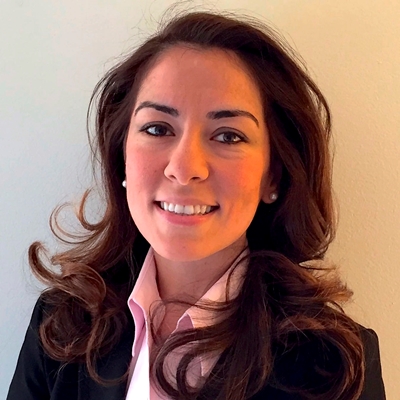


Dr. Kobilka received Bachelor of Science Degrees in Biology and Chemistry from the University of Minnesota, Duluth in 1977. He Graduated from Yale University School of Medicine in 1981, and completed residency training in Internal Medicine at the Barnes Hospital, Washington University School of Medicine, St. Louis, Missouri in 1984. From 1984-1989 he was a postdoctoral fellow in the laboratory of Robert Lefkowitz at Duke University. In 1990 he joined the faculty of Medicine and Molecular and Cellular Physiology at Stanford University. He was promoted to Professor of Medicine and Molecular and Cellular Physiology in 2000. Research in the Kobilka lab focuses on the structure and mechanism of action of G protein coupled receptors (GPCRs), which constitute the largest family of receptors for hormones and neurotransmitters in the human genome. GPCRs are the largest group of targets for new therapeutics for a very broad spectrum of diseases.
Structural insights into G protein coupled receptor signaling
G protein coupled receptors (GPCRs) conduct the majority of transmembrane responses to hormones and neurotransmitters, and mediate the senses of sight, smell and taste. Many metabolic processes are regulated by GPCRs, and several GPCRs are targets of therapeutics for metabolic disorders including diabetes and obesity. While GPCRs represent the largest class of pharmaceutical targets for a broad spectrum of diseases, the number of new approved drugs for GPCR targets over the past two decades has fallen short of expectations. We have applied protein crystallography and other biophysical approaches to provide structural insights into GPCR activation. I will discuss what these studies have taught us about GPCR signaling, and the potential impact of structural biology on drug discovery efforts.



